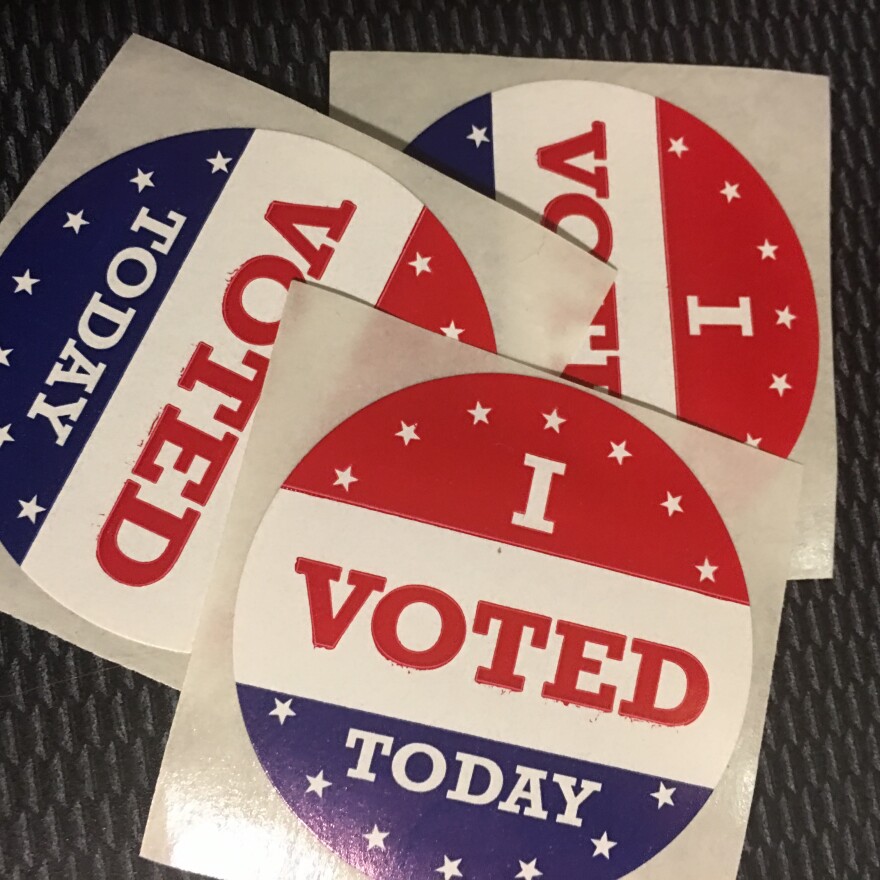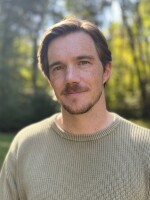In North Carolina more people are registered as unaffiliated than Republican, according to recent data from the North Carolina State Board of Elections.
While most voters in the state are registered as Democrat, the number of unaffiliated voters has increased significantly in recent years. The number of unaffiliated voters has more than doubled since 2005, whereas registered Republicans increased by 7.5 percent and registered Democrats increased by only 2.1 percent. Political analysts argue that disillusionment with the two-party system and more freedom to vote in the primaries might be influencing the rise in independent voters.
Host Frank Stasio talks with Jason deBruyn, WUNC data reporter, along with Sunshine Hillygus, political science professor at Duke University, and Andrea Benjamin, political science professor the University of North Carolina at Chapel Hill, about the rise of unaffiliated voters in the state and how it is shaping the political process.
Interview Highlights:
Jason deBruyn on how registering as unaffiliated allows more freedom to vote in primaries:
If you’re registered as a Republican or a Democrat you may only vote in that party’s primary. If you’re registered as unaffiliated you’re allowed to choose. In many counties and districts across the state … Sort of the de facto elections are in the primary. So let’s say you tend to be a Democrat, but you live in an area that is heavily Republican. Well [if] you want to have any kind of a meaningful say in that election, you probably need to vote in the Republican primary. So you’re inclined to be a Democrat – so you definitely don’t want to be a Republican – well then you choose to be unaffiliated because at least you’re allowed to vote in the Republican primary.
Andrea Benjamin on the political significance of immigrants and new voters registering to vote:
I think it’s important particularly for new immigrants who are choosing to make our state home. They sort of come to partisanship. First they decide: Do I want to play politics? And if they say yes then they pick a team, and even the second stage is hard because … Sometimes they will stay unaffiliated because they are not sure yet. So I think it is important to think about who those voters are beyond just even age or just that they live here.
Sunshine Hillygus on possible reasons why voters are resistant to register as Republican or Democrat:
There are two ways this plays out. One is people are disgusted with both sides. They know they are going to have to make a choice, so they still behave in partisan ways, but they don’t want to declare an allegiance because they are just disgusted with the state of politics. They also might not like to declare it because of the social repercussions that might come from being a Republican in Durham or in a rural area outing yourself as a Democrat. So both those things are in play. We see that in surveys, for instance, where depending on what your neighbor’s affiliation might be, you might be more reluctant to declare yourself on one team or the other. Even though at the end of the day you go into the voting booth, and you’re casting a ballot in a way that looks very much partisan.
Andrea Benjamin on what some voters associate with political parties:
Issues drive opting into this unaffiliated is really important. There is subset of issues that neither party is really talking about. Maybe it’s women's rights or it's the environment. Even though people think, ‘that belongs to this party, this umbrella.’ When you look into it, it’s not as extreme as some people want it to be. So these outside views, outside the normal partisan lens, I think that is a place where people arrive at this unaffiliated designation. They want the parties to say something stronger about a particular set of issues and until they see that they might remain disenchanted and might not participate.



